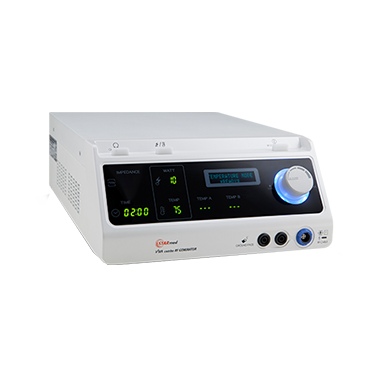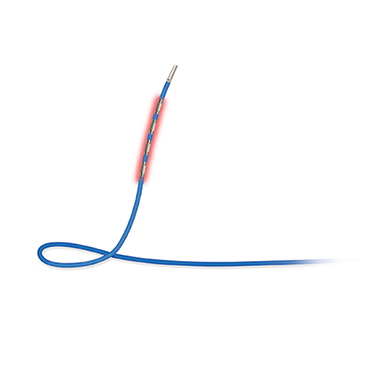- About STARmed
- Product
- Clinical Info
- New & Resources
- Contact us
-
doctors
-
Distributors
-
Indication
-
International
Choose a move location

You are leaving the STARmed United States site.
You just clicked a link to go to another STARmed website.
It is possible that some of the products on the other site are not approved in your region or country.
CANCEL
- CONTINUE
Seclect Your Region

Go to STARmed United States website.
The content of the United States website is related to the product information of the local region
and may be different from the product and the approval conditions of Korea.
This is not subject to domestic laws and regulations for the protection of Korean consumers.
In addition, all information given from this website with regards to the product and
usage of the product is for Licensed Medical Professionals.
CANCEL
- CONTINUE




